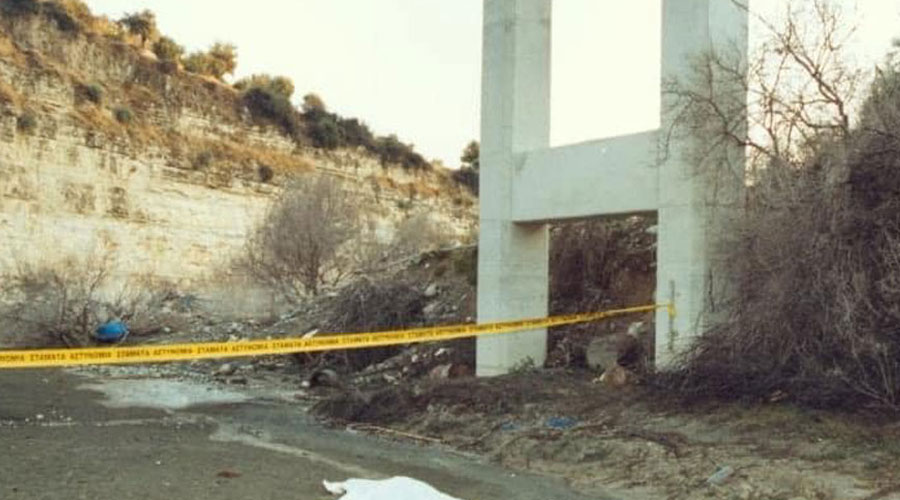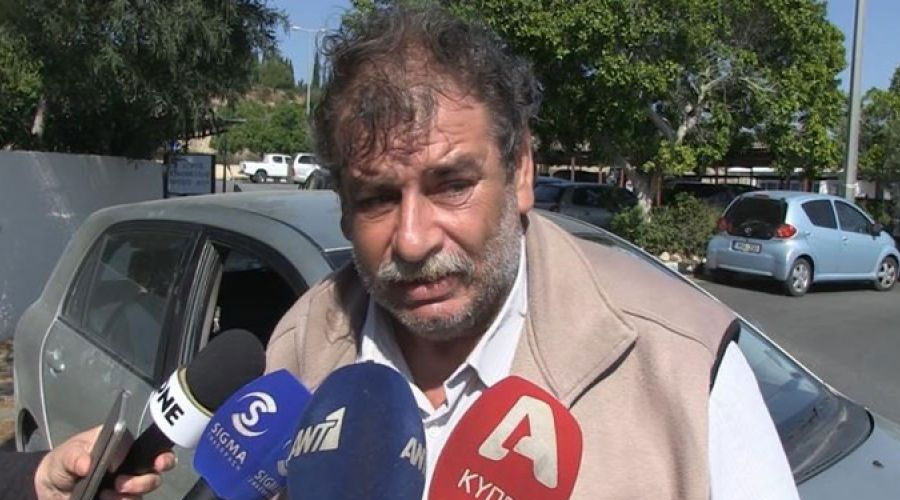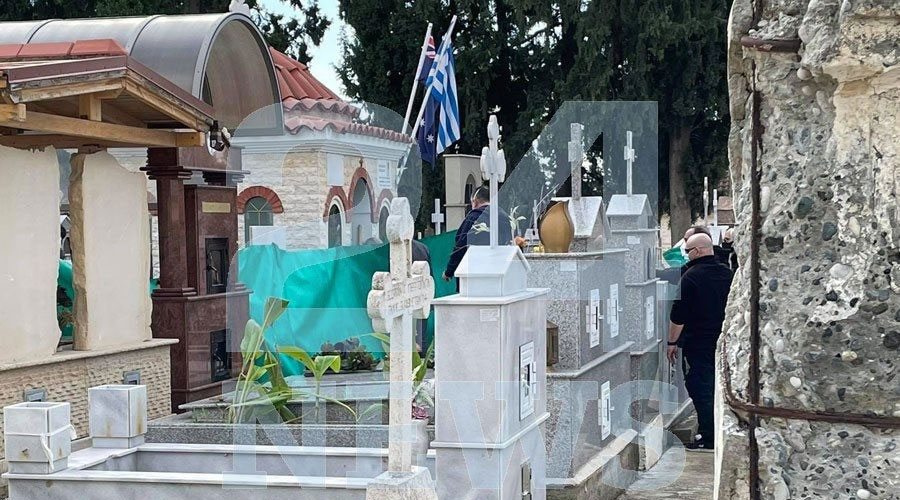
The Supreme Court Plenary has rejected the appeal of forensic pathologist Panikos Stavrianos in the case of Thanasis Nikolaou’s death.
The next step in this high-profile case is the report from the criminal investigators, expected by March 7. These investigators will determine the cause of Nikolaou’s death—whether it was a criminal act and who is responsible, not only for his death but also for how the case was handled and investigated.
Stavrianos’ appeal challenged the decision of the Supreme Court’s full plenary, which confirmed that Nikolaou’s death resulted from murder. The ruling stated that the Plenary could not overturn its own previous decision.
The shocking events of the case
Thanasis Nikolaou, a 26-year-old architect from Australia residing in Limassol, had come to Cyprus in 2005 for a six-month reduced military service in the National Guard.
Before his death, Nikolaou had been subjected to harassment and bullying by fellow soldiers in his unit. In the days leading up to his death, he had reported these incidents to officers. The day before his death, he even went as far as the Chief of Staff’s office after first complaining to his unit commander.
He had requested a transfer, but instead, the next day, he was found dead.
The fateful day
On the morning of September 29, 2005, Thanasis left to report to his unit after an overnight leave. He dressed in clean clothes, packed his bag with additional clean clothes, and took food he had purchased the night before. However, by midday, a National Guard member contacted his family, informing them that he was missing and had never arrived at the base.
Thanasis was later found dead under the Alassa Bridge—a 30-meter-high structure. His body bore no external injuries, but his mouth was filled with sand, and he had bruises in the shape of finger marks on his hands.
The initial verdict – "Suicide"
Forensic pathologist Panikos Stavrianos was called to the scene and conducted an autopsy, releasing his report nine months later. He concluded that the 26-year-old had died from internal injuries caused by a fall from a height, ruling out the involvement of third parties. His report stated there were no suspicions of foul play and deemed the death a suicide.
A turning point – Matsakis overturns the findings
On December 31, 2008, the Supreme Court annulled the initial forensic report with a special Certiorari writ.
Six years after Thanasis' death, following persistent efforts by his family, the Cabinet appointed two criminal investigators to examine the circumstances of his death. Forensic pathologist Marios Matsakis was also appointed to re-examine the case.
On April 27, 2012, Matsakis issued his findings, stating that Nikolaou's injuries were inconsistent with a fall from the Alassa Bridge. He also deemed the initial forensic conclusions unreliable and unacceptable.
Matsakis argued that the possibility of foul play should not have been ruled out. On December 21 of that year, the Cabinet-appointed criminal investigators submitted their report, concluding that Nikolaou’s death was highly likely the result of a criminal act.
However, on February 24, 2014, the Attorney General at the time decided against reopening the case, arguing that it would be impossible to solve it nine years later.
In response, the family filed a lawsuit against the Attorney General, the Republic of Cyprus, the Police, Military Authorities, investigators, and other state entities.
ECHR ruling – A blow to Cyprus over the 26-year-old’s death
Thanasis’ family, who never accepted the suicide ruling, took the case to the European Court of Human Rights (ECHR), accusing the Cypriot authorities of mishandling the investigation.
In January 2020, the ECHR ruled against the Republic of Cyprus, condemning its inadequate investigation. The court ordered the state to pay €32,000 in compensation to Nikolaou’s family.
During court proceedings, Thanasis’ mother, Andriana Nikolaou, testified that military officers were aware of the unbearable conditions her son endured at the hands of drug-addicted troublemakers in his unit. Despite her repeated pleas for help, they failed to protect him.
The exhumation and the new findings
Later, the family requested a court order for the exhumation of Nikolaou’s remains to allow for further specialized forensic examinations. The Limassol District Court approved the request.
The exhumation took place in December 2020, attended by police officers led by Limassol CID chief Lefteris Kyriakou, Nikolaou’s relatives, Athens Forensic Service’s former head and professor Filippos Koutsaftis, forensic pathologists Sofoklis Sofokleous and Nikolaos Charalambous, Marios Matsakis representing the family, and a state-appointed forensic anthropologist.
Following the family’s request and in consultation with the Legal Service, a court order was issued to transfer Nikolaou’s hyoid bone to the First Laboratory of Pathological Anatomy at the University of Athens Medical School.
On June 17, 2021, the findings from the new forensic report in Greece were made public. The specialized examinations concluded that Thanasis Nikolaou’s cause of death was strangulation.































